Cancer discovery news
Our researchers are making the discoveries that defeat cancer. Read the latest findings from our world-leading research.
Visit our main news hub to read about news on new funding, our fundraising activities and much more. If you want to keep updated on our news, you can follow us on social media or sign up for our Search newsletter.
If you’re a journalist and want to find out more, you can contact our media relations team.

New strategy targets “undruggable” protein in T-cell leukaemia, triggering cancer cell death
Scientists have unveiled a ground-breaking approach to tackling one of cancer biology’s most elusive targets: the protein LMO2, a key driver of T-cell acute lymphoblastic leukaemia (T-ALL).
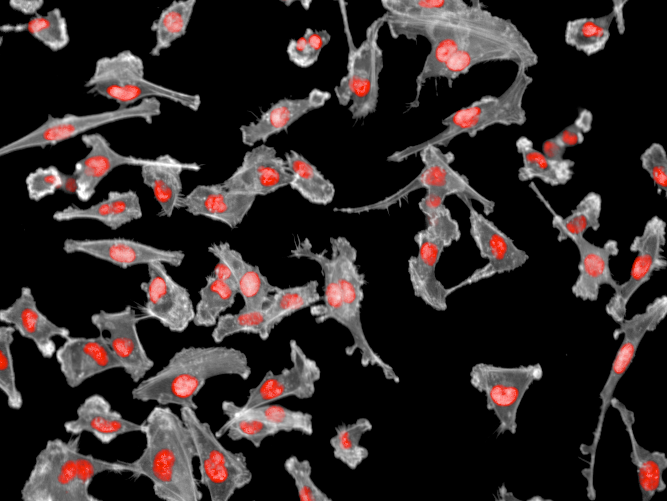
Breast cancer blood test can predict treatment response
A blood test can predict how well patients with advanced breast cancer will respond to targeted therapies – before treatment begins, according to new research.

New research uncovers critical DNA repair mechanism during cell division
A major advance in cell biology has revealed how our cells safeguard their genetic material during one of the most vulnerable moments in their life cycle. The study identifies a specific protein complex as a central coordinator of DNA repair during cell division.

Tumour samples from the 1950s could help unlock the mystery of rising bowel cancer cases in the under 50s
Tens of thousands of tumour samples which have been stored in the basement of a London hospital for more than 70 years could be the key to unlocking the mystery of why bowel cancer cases are rising in the under 50s, scientists believe.
Researchers at The Institute of Cancer Research, London, and St Marks Hospital are launching a pioneering study to compare bowel cancer specimens from the 1960s with modern-day cancer samples.
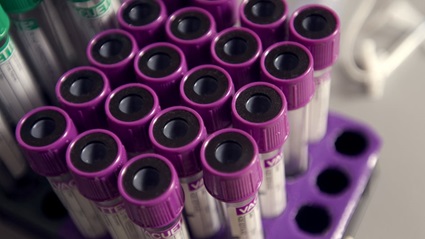
Blood test could spare men with advanced prostate cancer from futile chemotherapy
New research has identified a way to predict resistance to a cancer drug commonly used to treat advanced prostate cancer.

New structural insights reveal molecular details of a key step in cell cycle control
In a major advance for molecular biology and cancer research, scientists have uncovered the molecular mechanisms that control a key step during the activation of cyclin-dependent kinases (CDKs) – the master regulators of cell division.
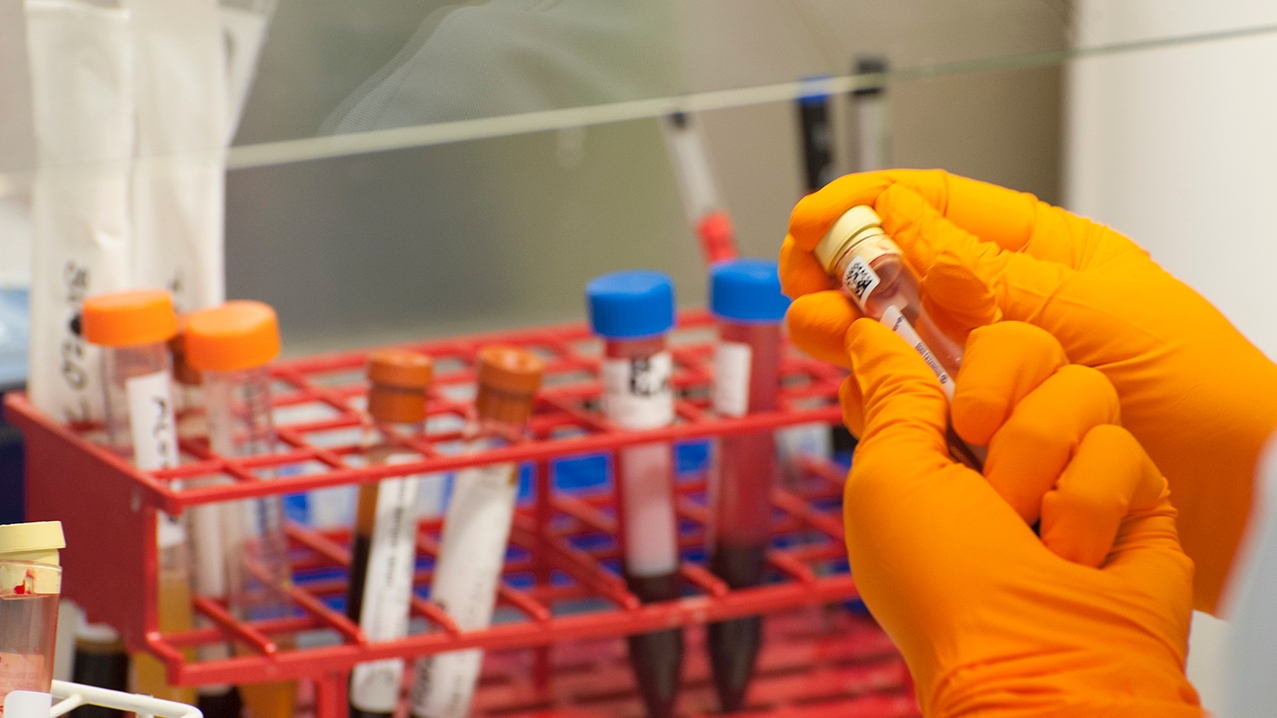
New blood test matches breast cancer patients to the right treatment without a biopsy
A new type of blood test can accurately identify different types of breast cancer – meaning patients can be matched to the correct treatment without the need for a biopsy.
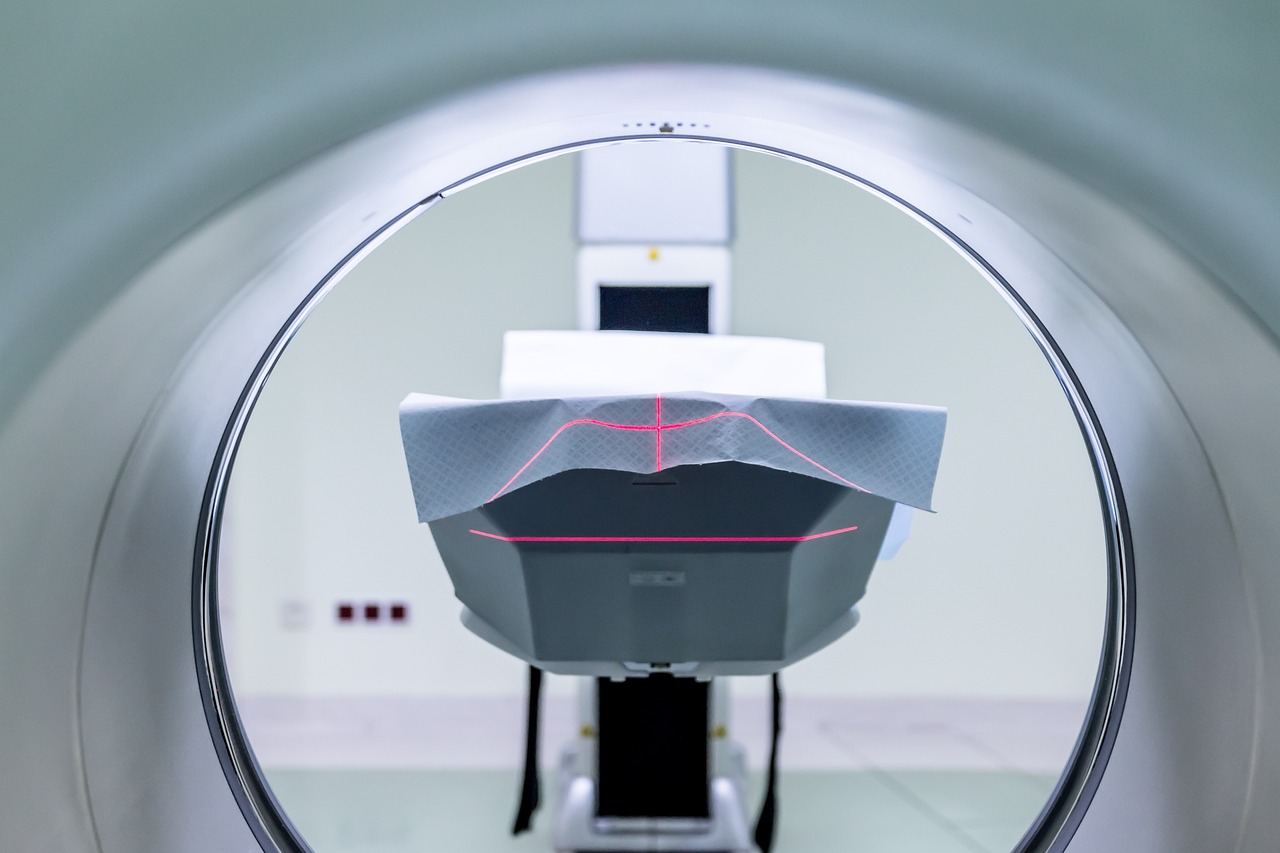
New AI models set to revolutionise medical imaging and transform cancer care
Two ground-breaking studies have demonstrated that combining artificial intelligence (AI) with state-of-the-art MRI imaging could revolutionise how clinicians detect, monitor and treat advanced prostate cancer.

New computational breakthrough helps uncover how water molecules influence cancer drug potency
In a major step forward for cancer drug discovery, researchers have demonstrated how computational simulations can unravel the complex role of water molecules in drug binding, potentially saving years of trial and error in the lab.

Embracing mathematics is key to illuminating cancer cell evolution
A new review explains how turning to mathematics is helping researchers decode one of cancer’s most elusive traits: its ability to evolve and adapt.
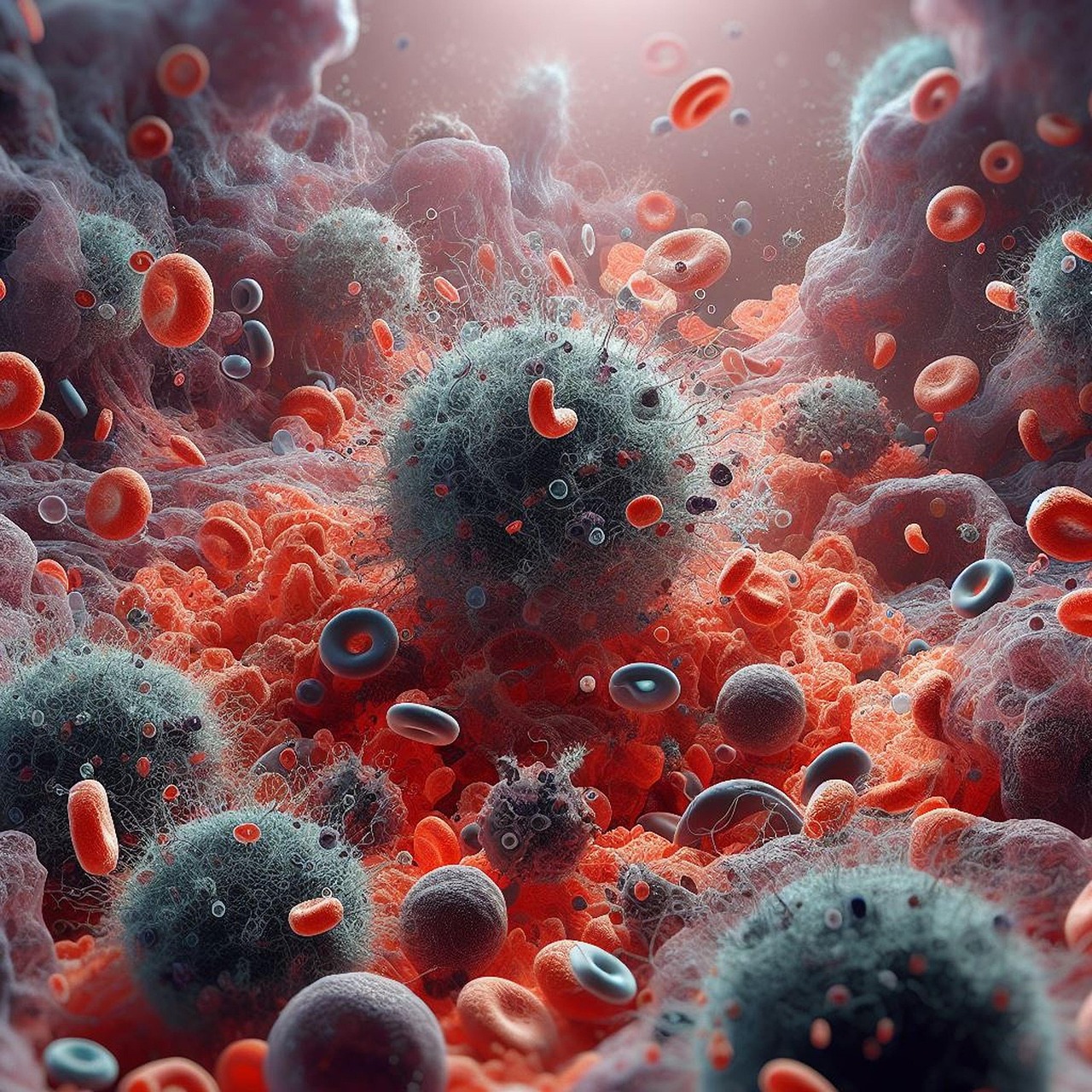
New combination treatment could overcome immunotherapy resistance in difficult-to-treat cancers
A pioneering clinical trial has demonstrated for the first time that two existing treatments can be combined to potentially improve outcomes for sarcoma and melanoma patients with advanced tumours in their limbs.
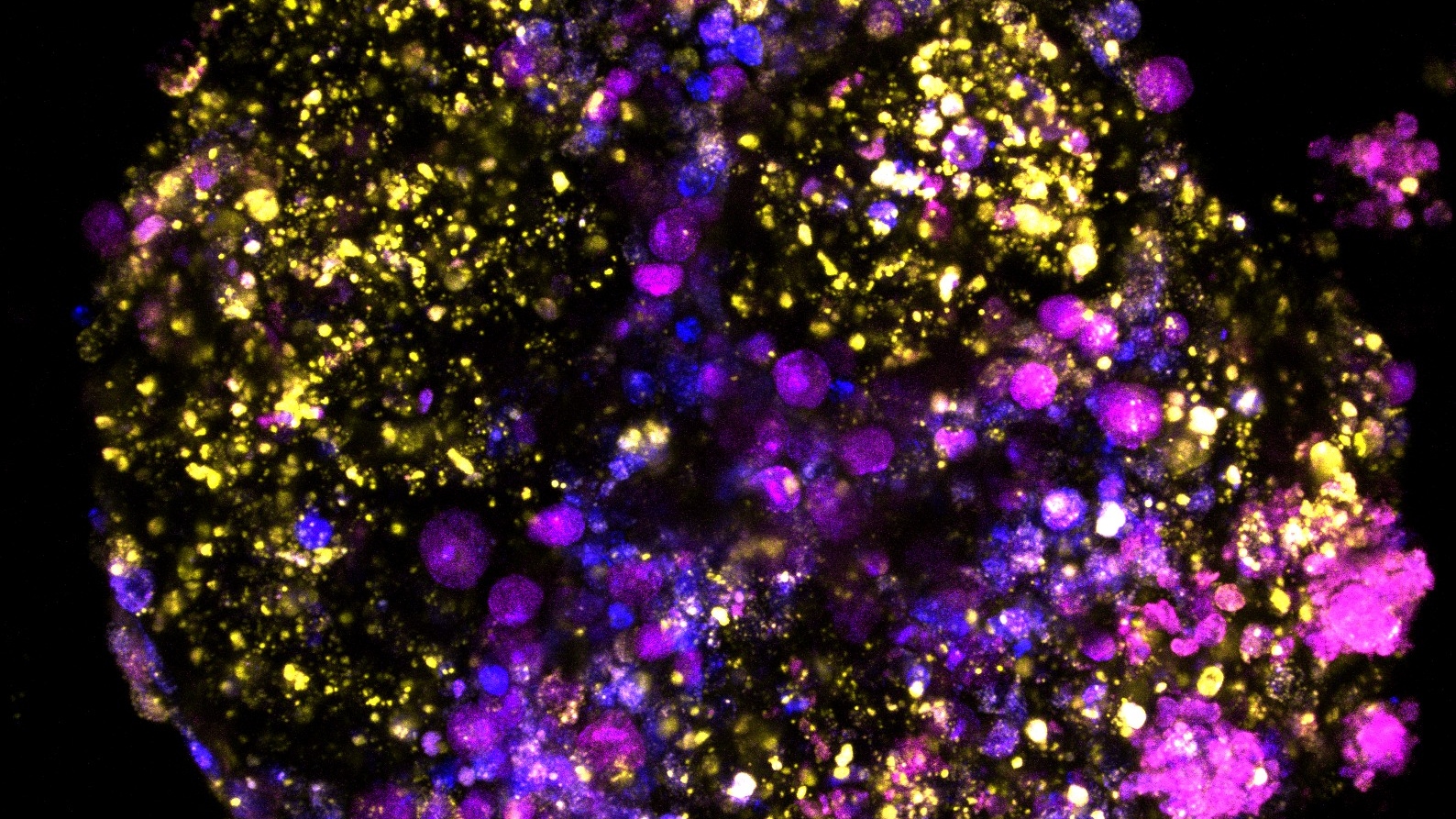
Bowel cancer’s 'big bang' moment revealed
Like the astronomical explosion that kickstarted the universe, bowel cancer has a 'Big Bang' moment which determines how it will grow, according to new research from scientists at The Institute of Cancer Research, London.